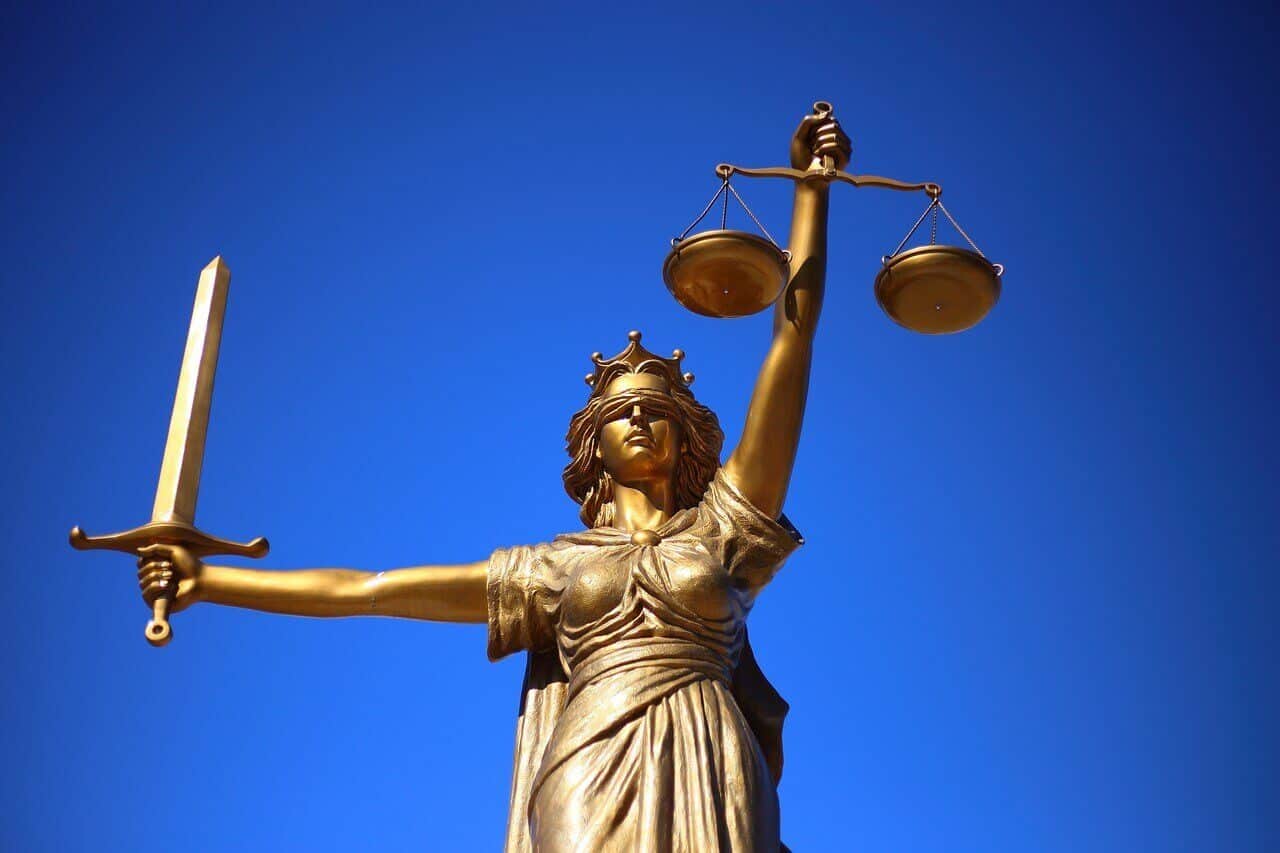In the pursuit of social justice, lawyers play an elemental role in championing the rights of marginalized communities, propelling legal reforms and policy adjustments, and assuring universal access to justice. Their contributions extend well beyond courtroom proceedings, encompassing a diverse array of activities aimed at fostering a just and equitable society. Here, we will delve into the multifaceted role of lawyers in social justice and advocacy, examining the profound impact they have on the lives of individuals and the broader societal landscape.
Advocacy for the Marginalized
Lawyers act as champions for individuals who often encounter significant challenges in obtaining legal representation. Marginalized segments of society, including low-income individuals, minorities, immigrants, and people with disabilities, frequently confront systemic obstacles that hinder their equal access to justice. Lawyers dedicated to social justice and advocacy devote their efforts to addressing and rectifying these disparities.
Legal Representation

One of the most elemental roles of lawyers in social justice is assuring legal representation to those who cannot afford it. They defend clients who have been unfairly treated or discriminated against, aiding to level the playing field. Whether it’s in criminal cases, housing disputes, employment discrimination, or civil rights violations, lawyers ensure that marginalized individuals receive a fair hearing and the protection of their rights.
Public Interest Litigation
Lawyers engaged in social justice play a crucial role in our legal system, often choosing to participate in public interest litigation. This specialized form of legal practice involves taking on cases that extend beyond the interests of individual clients to encompass broader societal implications. These dedicated attorneys confront unfair laws, discriminatory policies, and systemic injustices by filing lawsuits on behalf of marginalized and vulnerable communities.
Community Empowerment
Beyond individual cases, lawyers work to empower marginalized communities. They educate people about their rights, help them navigate the legal system, and support grassroots initiatives. This empowerment not only aids individuals but also fosters a stronger sense of community and collective action, amplifying the impact of their advocacy efforts.
Legal Reforms and Policy Changes

Lawyers are at the forefront of propelling legal reforms and policy changes crucial to achieving social justice. They utilize their expertise to assess and critique current laws and regulations, offering suggestions for enhancements that aim to foster a more equitable society.
Advocacy in Legislative Processes
Lawyers play an elemental role in influencing the legislative process. They work with lawmakers to draft bills that address social justice issues and advocate for their passage. This collaboration between legal experts and legislators aids in ensuring that laws are just, equitable, and reflective of the needs of the people they serve.
Impact on Public Policy
Lawyers also exert a significant influence on public policy at various levels, be it local, state, or national. They engage in research, and analysis, and provide recommendations on policy modifications that can advance social justice. Their participation in advocacy groups think tanks, and public interest organizations positions them to shape the public agenda and have a substantial impact on policy decisions.
Litigation as a Catalyst for Change

In many instances, landmark legal cases brought to court by lawyers serve as catalysts for change. These cases draw public attention to pressing social justice issues and can lead to significant policy and legislative shifts. Famous cases are examples of how legal battles can reshape societal norms and institutions.
Ensuring Access to Justice for All
One of the fundamental principles of social justice is ensuring that everyone has equal access to the legal system and receives fair treatment. Lawyers are instrumental in making this principle a reality.
Pro Bono Work
Many lawyers actively engage in pro bono work, offering their legal services free of charge to those who cannot afford representation. This selfless commitment helps bridge the justice gap, ensuring that even the most economically disadvantaged individuals have access to legal assistance.
Legal Aid Organizations

Lawyers also work with legal aid organizations that provide elemental services to underserved communities. These organizations offer advice, representation, and support in navigating complex legal processes. They are a lifeline for individuals who would otherwise be left without protection.
Impact Beyond Borders
The significance of lawyers in the realm of social justice knows no bounds; it extends far beyond national borders. International human rights lawyers are at the forefront of advocating for the rights of individuals all around the world. Their mission involves holding governments and organizations accountable for human rights violations, regardless of where they occur.
These lawyers play a pivotal role in raising global awareness about critical issues that affect people from all walks of life. By shedding light on instances of injustice and inequality, they strive to create a collective conscience that transcends borders and prompts action on an international scale.
Legal Education and Empowerment

Legal education and awareness initiatives, spearheaded by lawyers, empower communities with vital knowledge about their rights and the pathways to seek legal assistance. These efforts are essential in demystifying complex legal processes, making them accessible to the general public.
Empowering Through Knowledge: Legal education equips individuals with a clear understanding of their rights in various areas, from employment and housing to civil liberties and personal injury. It enables people to identify potential legal issues they may face, such as discrimination or disputes, and guides them to relevant legal resources.
Practical Tips and Real-World Examples: These initiatives provide practical tips and real-world examples, illustrating how legal issues impact daily life. They offer step-by-step guidance on legal procedures, empowering individuals to take action when needed.
Credible Sources and Diverse Outreach: Legal education relies on credible sources, ensuring accuracy. Lawyers collaborate with various organizations to reach diverse audiences, making knowledge accessible to all.
In summary, lawyers are absolutely essential in the quest for social justice and advocacy. Their functions encompass a wide array of duties, including offering legal representation, engaging in public interest litigation, advocating for policy reforms, and ensuring that justice is universally accessible as in Aronfeld Trial Lawyers. Through their unwavering commitment and specialized knowledge, lawyers assume a fundamental role in propelling a more equitable and morally upright society, where the rights and honor of every individual are preserved.









